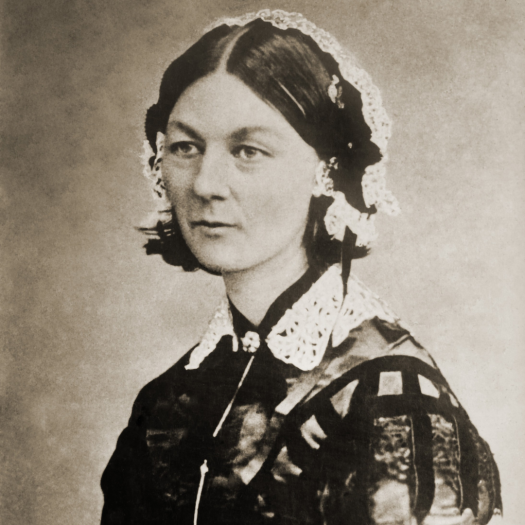March is Women’s History Month! What better time to celebrate the significant contributions that women have made to the medical field? Women have spent their lives overcoming obstacles, breaking down societal norms, and paving new pathways for centuries. Women have been pioneers in the fight to improve healthcare and medical research, and their accomplishments have saved countless lives.
The presence of female physicians and nurses in the medical industry has helped to raise awareness about important women’s health issues such as reproductive health, menopause, and breast cancer. From groundbreaking research, to life-changing surgeries, women continue to make a tremendous impact on the medical field every single day! In science, women have opened doors for future generations.

One of the most notable women in medicine is the founder of modern nursing, Florence Nightingale. During the Crimean War in the 1850s, she led a team of nurses and established sanitary conditions that reduced the mortality rate of wounded soldiers. Her dedication and commitment to her patients inspired a new wave of nursing that has since revolutionized healthcare worldwide.
Elizabeth Blackwell, the first woman in the United States to receive a medical degree in 1849, went on to establish the New York Infirmary for Women and Children, providing medical care to underserved populations. This paved the way for future generations of female doctors! Dr. Blackwell’s tireless work continues to inspire women in medicine to this day.
Since then, countless more women physicians have made significant contributions to science. Dr. Gertrude B. Elion was a biochemist who developed drugs to treat leukemia, gout, and malaria, among other diseases. Her work earned her a Nobel Prize in Physiology in 1988, becoming the first woman to receive the award in 23 years! Dr. Jane C. Wright was another pioneering woman in medicine, who developed a groundbreaking technique for testing the effectiveness of chemotherapy drugs. Her work helped to establish chemotherapy as a standard treatment for cancer. More recently, Dr. Mona Hanna-Attisha played a critical role in uncovering the Flint water crisis, which exposed thousands of people to lead poisoning. Her advocacy helped to bring about changes in water safety regulations, and raised awareness about the importance of public health.
The list goes on and on. These women are just a few examples of the many who have made significant contributions to the field of medicine. Their legacies continue to inspire and influence medical practices to this day!
